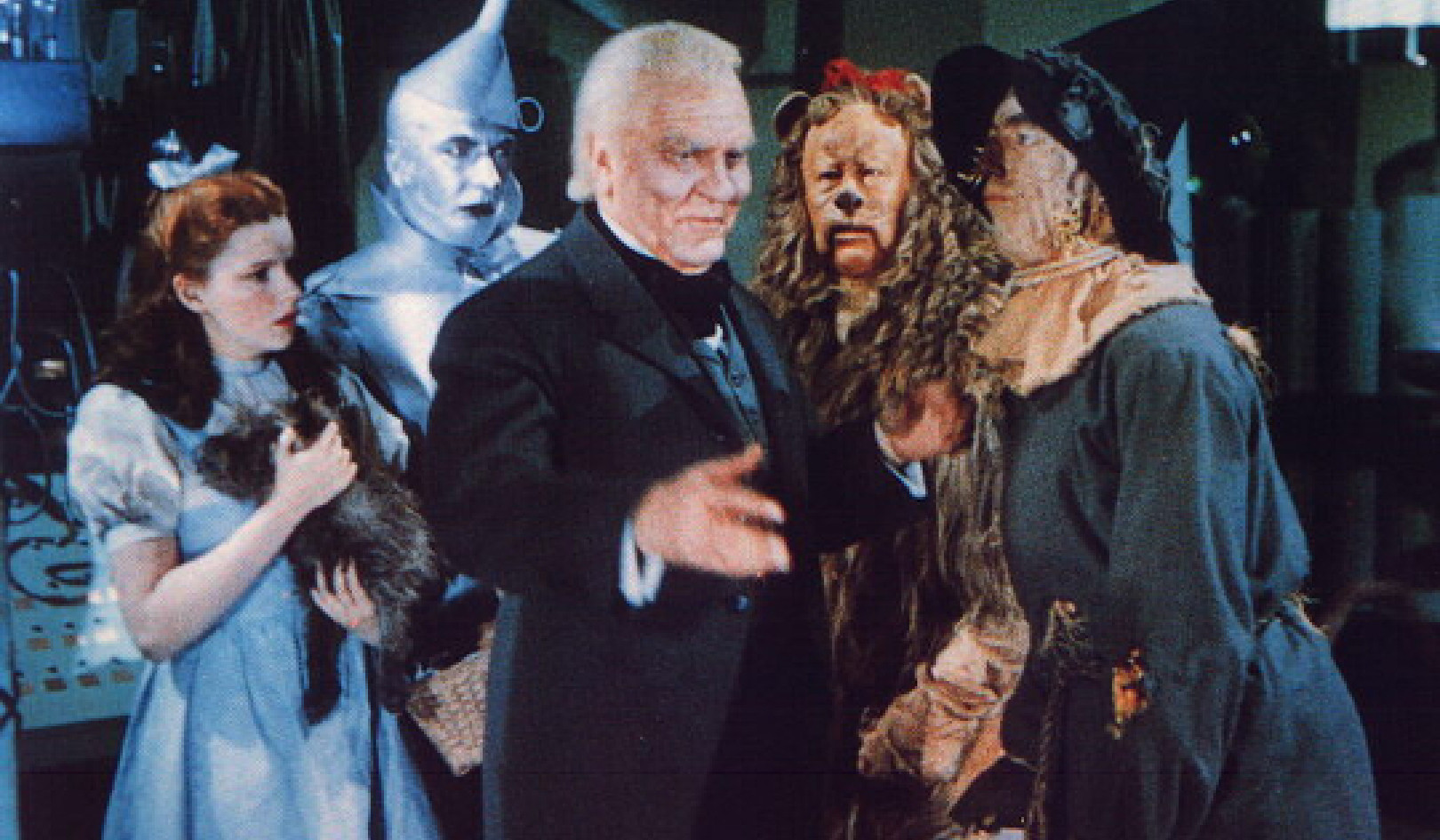
Rigged Rules Mean Economic Growth Increasingly Winner Takes All For Rich Elites All Over World
OXFAM INTERNATIONAL - Wealth of half the world’s population now the same as that of tiny elite
Wealthy elites have co-opted political power to rig the rules of the economic game, undermining democracy and creating a world where the 85 richest people own the wealth of half of the world’s population, worldwide development organization Oxfam warns in a report published today.
Working For the Few, published ahead of this week’s World Economic Forum in Davos, details the pernicious impact that widening inequality is having in both developed and developing countries, helping the richest undermine democratic processes and drive policies that promote their interests at the expense of everyone else.
The report says that there is a growing global public awareness of this power-grab. Polls done for Oxfam in six countries (Brazil, India, South Africa, Spain, the UK and US) show that most people questioned in all those countries believe that laws are skewed in favor of the rich.
Social stability and security are at risk: urgent action needed
Inequality has shot up the global agenda in recent years: US President Obama has made it a key priority for 2014. The World Economic Forum (WEF) has identified widening income disparities as the second greatest worldwide risk in the next 12-18 months. WEF’s Global Outlook report, published in November, warned inequality is undermining social stability and ‘threatening security on a global scale.’
Oxfam wants governments to take urgent action to reverse the trend. It is asking those attending the WEF to make six-point personal pledge to tackle the problem.
Winnie Byanyima, Oxfam Executive Director who will attend the Davos meetings, said: “It is staggering that in the 21st Century, half of the world’s population own no more than a tiny elite whose numbers could all sit comfortably in a single train carriage.
Summary of the briefing paper.
Davos Debates Income Inequality But Still Invites Tax Avoiders
THE GUARDIAN - The rich and powerful at the World Economic Forum are not as worried as they should be about the gap between rich and poor
World Economic Forum founder Klaus Schwab
Mind the gap: World Economic Forum founder Klaus Schwab has warned against the concentration of wealth in too few hands. Photograph: Fabrice Coffrini/AFP/Getty Images
Those on the outside might imagine that the business leaders who gather in Davos each year to chew the fat are concerned only about enriching themselves. Critics might imagine that the company bosses, jetting to the World Economic Forum 5,000 feet up in the Swiss Alps in their helicopters, mink-clad trophy wives in tow, are oblivious to the struggles of the poor. But they would be wrong.
As the rich and powerful make their last-minute preparations for their week up the magic mountain, they want the message to be sent out that they understand about inequality. They feel the pain. Truly they do.
The evidence for the "Davos gets it" line comes from the annual risk report compiled by the WEF. It asks 700 of its members what they think will be the most pressing threats to the global economy over the coming decade. Inequality is seen as the most likely risk.
The One Percent
This 80-minute documentary focuses on the growing "wealth gap" in America, as seen through the eyes of filmmaker Jamie Johnson, a 27-year-old heir to the Johnson & Johnson pharmaceutical fortune. Johnson, who cut his film teeth at NYU and made the Emmy®-nominated 2003 HBO documentary Born Rich, here sets his sights on exploring the political, moral and emotional rationale that enables a tiny percentage of Americans - the one percent - to control nearly half the wealth of the entire United States. The film Includes interviews with Nicole Buffett, Bill Gates Sr., Adnan Khashoggi, Milton Friedman, Robert Reich, Ralph Nader and other luminaries.
{youtube}HmlX3fLQrEc{/youtube}






















